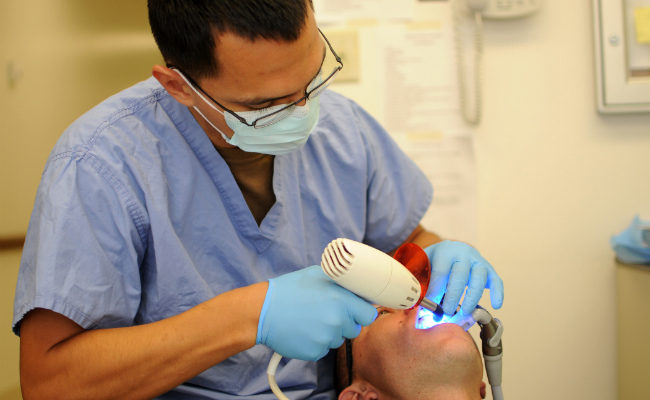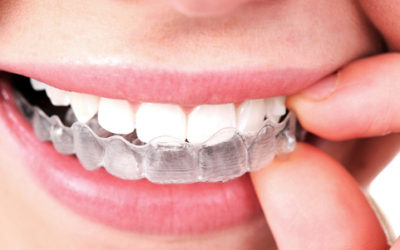Cosmetic dentistry helps to repair chipped, decayed, or damaged teeth for anyone while enhancing the appearance of their smile. Such a cosmetic dental procedure is dental bonding wherein a type of resin is used to fill a tooth. Here is everything you need to know about dental bonding.
What is Dental Bonding?
Dental bonding is one of the cosmetic dental procedures where the dentist bonds or attaches a specific type of resin to the surface of the tooth. The resin is hardened with a special kind of light, commonly known as curing light. Further, the resin is buffed and polished for the finish. This method is done on teeth that are chipped, decayed or discoloured in patches.
When you have a chipped or cracked tooth, you can opt for dental bonding. The fracture could have occurred from teeth injury. Besides this, you should look out for cavities as well, another reason to have dental bonding.
Pros of Dental Bonding
Cost-efficient solution: The procedure of dental bonding is the least expensive amongst all the other types of cosmetic dental procedures such as veneers and dental crowns. Porcelain veneers are the most costly dental procedures plus, they need regular maintenance as well.
Subtle Colours: The dentist has the choice of colours for the resin in their control. This means that no matter what your tooth colour is, your dentist will be able to achieve bonding that looks like your natural teeth.
No Pain: Dental bonding is a painless procedure, which does not require anesthesia unless there are cavities to be cleaned from the decayed tooth. But after the decayed tooth is cleaned, the process is painless when the resin is to be attached to the tooth.
Retention: Usually, a significant amount of tooth surface is trimmed off to install veneers or dental crowns. Whereas for the procedure of dental bonding, the tooth remains intact and as it is.
Cons of Dental Bonding
Staining: The downside is that unlike veneers and dental crowns that are entirely stain-resistant, the resin on the dental bonding stains easily. Despite the colour of the resin that was initially formed and attached, it will stain over time and discolour itself.
Cracking: Unlike veneers and dental crowns, which are incredibly resilient, the resin of dental bonding is prone to chip and crack readily. Regular things like tooth grinding, chewing hard food and nail-biting can affect the resin.
Maintenance
Dental bonding does not require too much maintenance, but conventional methods of keeping healthy oral hygiene. Reduce the consumption that will stain easily like tea, coffee, wine, alcoholic beverages and smoking. Refrain from eating hard covered foods or chewing crunchy foods because it will cause the resin to chip and crack. Use soft-bristled toothbrushes because the hard-bristles will not help in sustaining your dental bonding.
In the end, have a good and healthy oral hygiene because that will help in preserving your dental bonding. Opt for regular check-ups and contact a reputed dental service for dental bonding.



